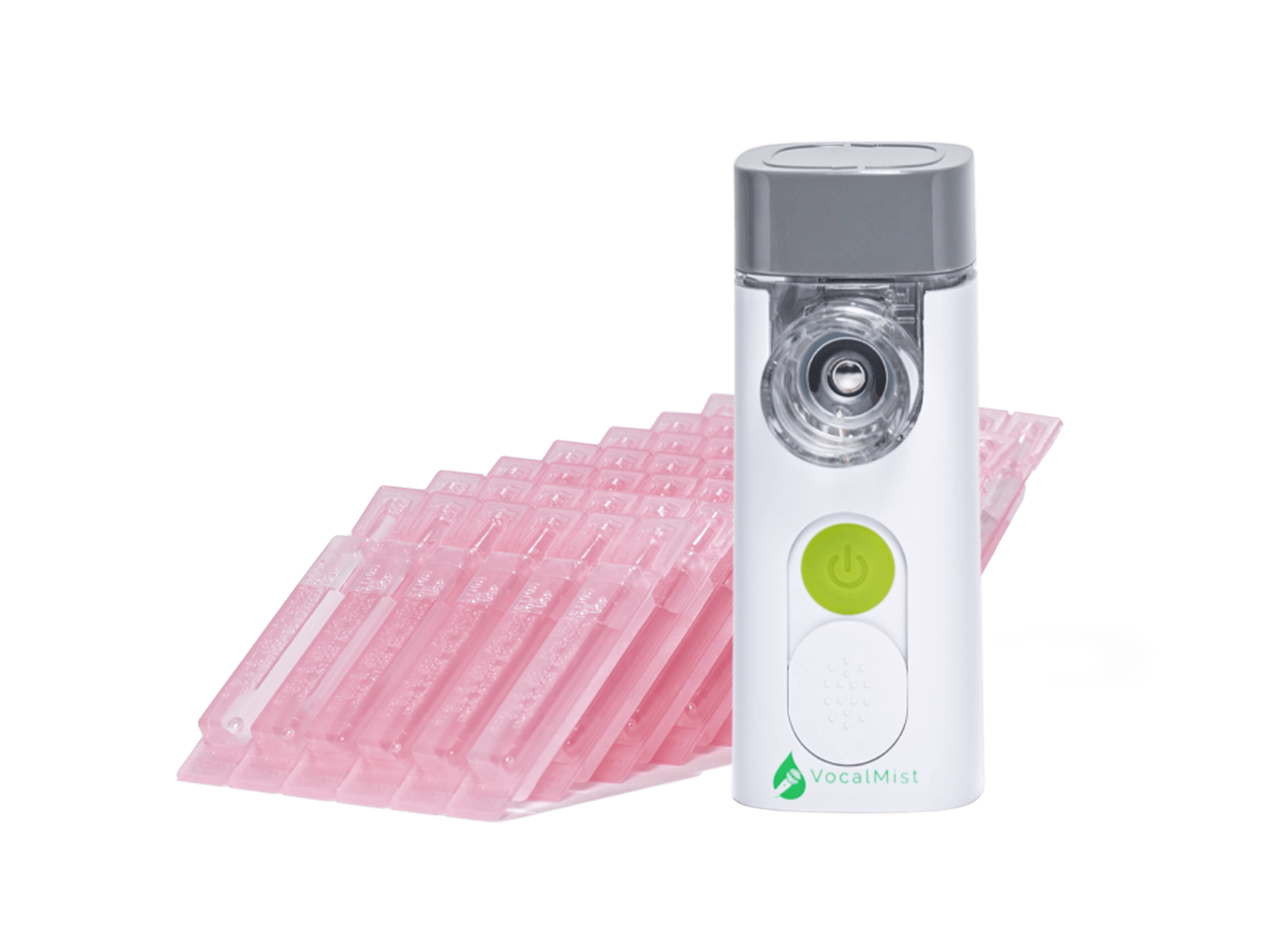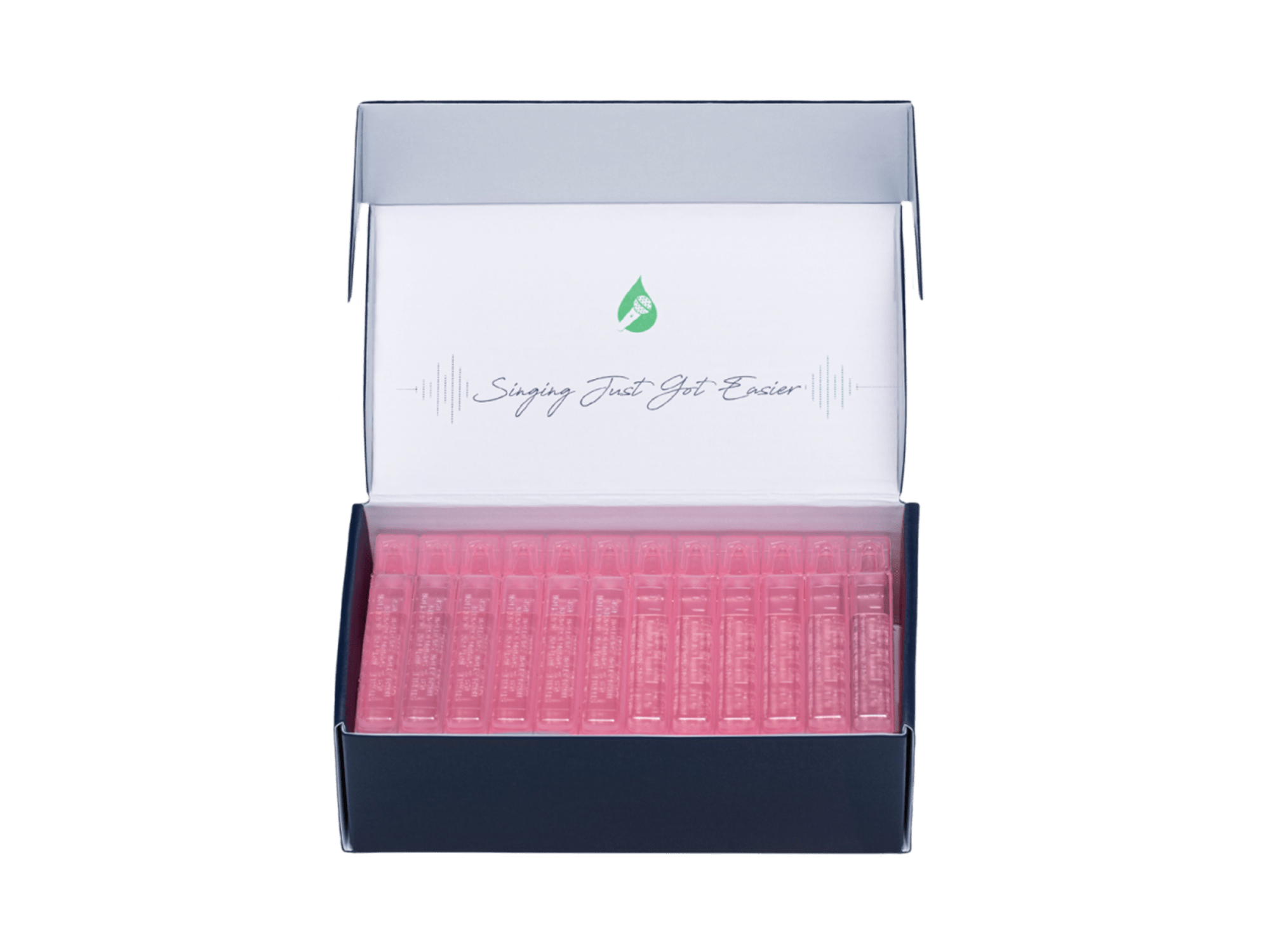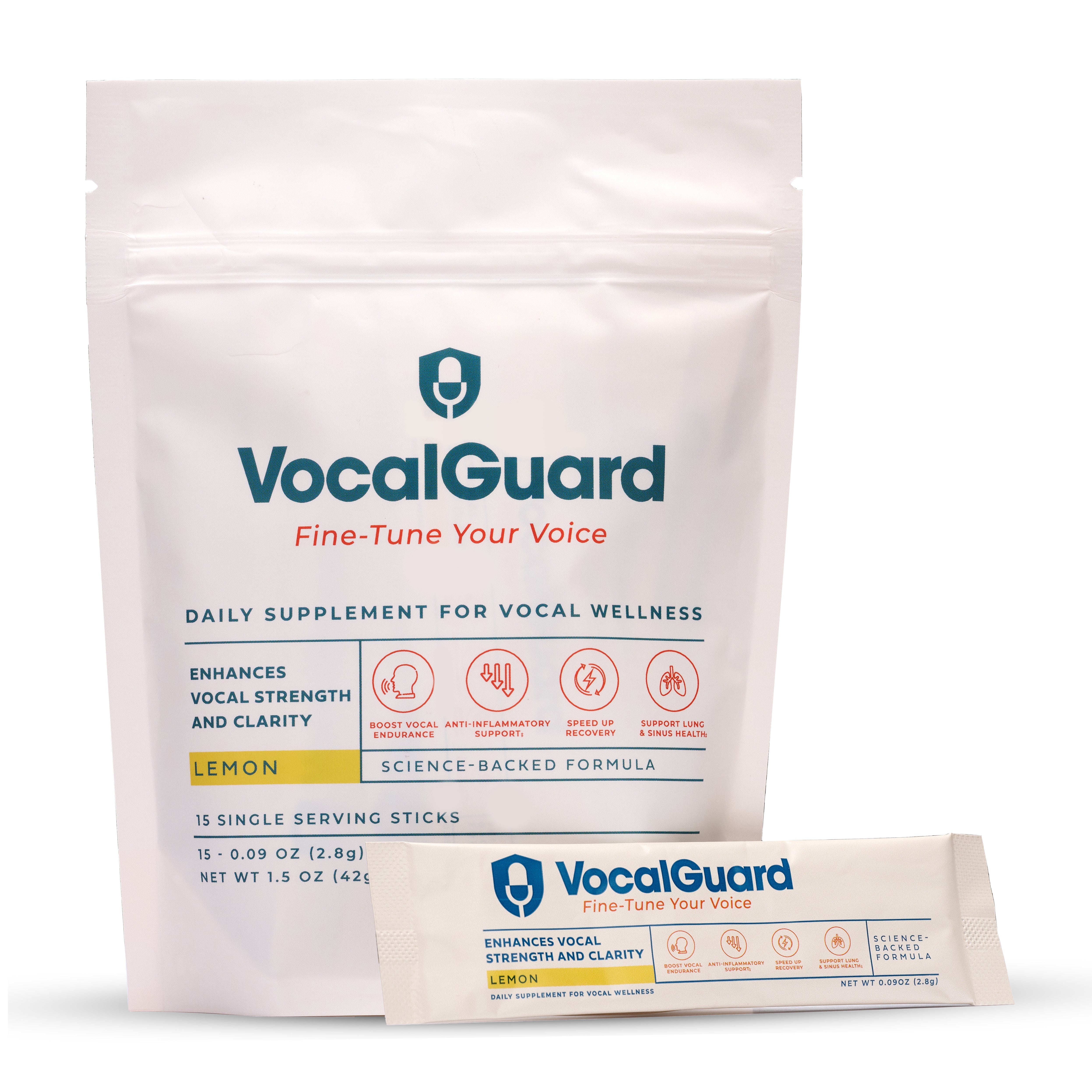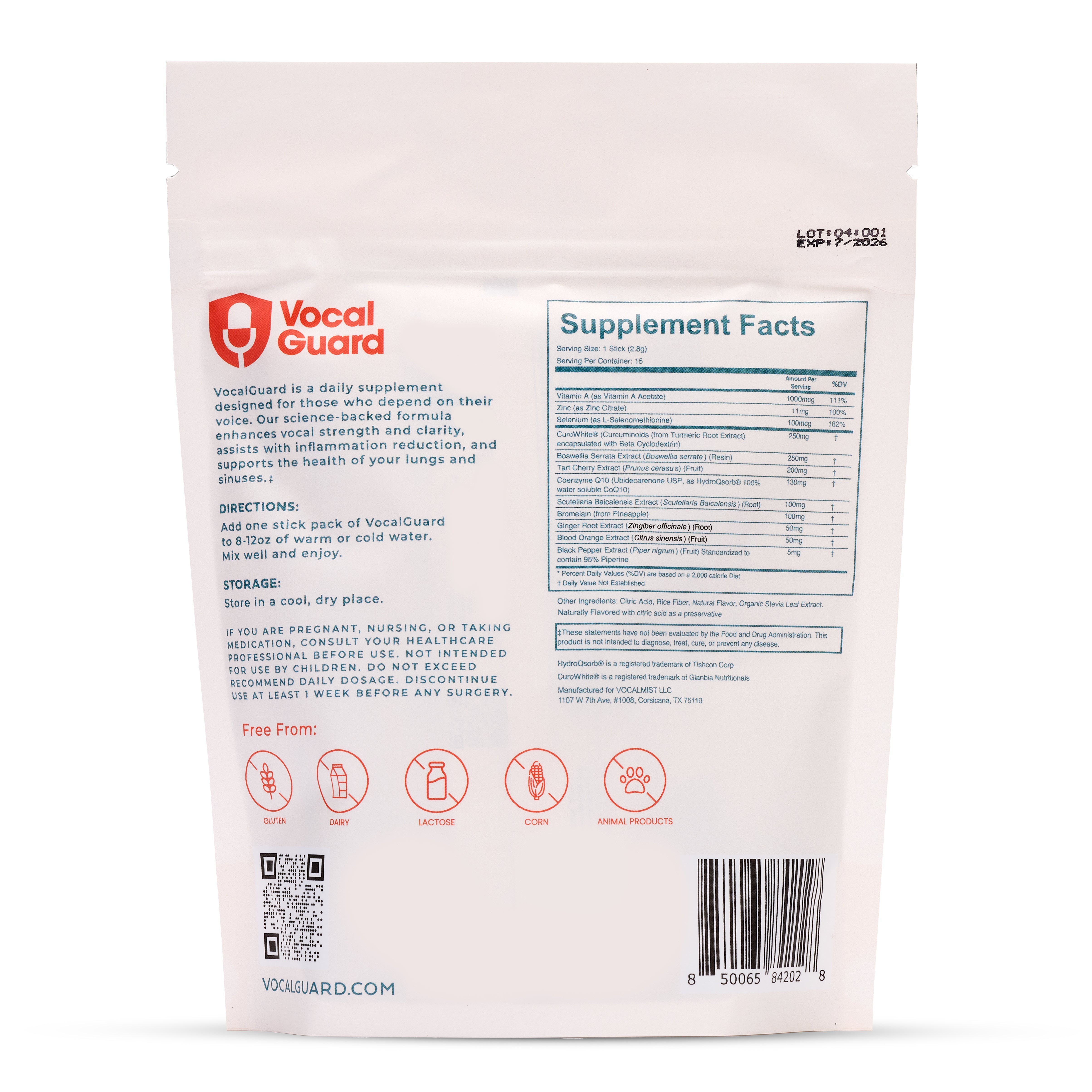Your voice is an essential part of who you are and how you communicate, and maintaining its health is important not only for singers, actors, and speakers but for anyone who uses their voice daily. Vocal health complaints can range from minor annoyances to serious issues, and understanding the warning signs can prevent long-term damage. In this blog, we will explore common vocal health complaints, their causes, and practical vocal health tips to help you keep your voice healthy.
Vocal Fatigue
Vocal fatigue is a commonly experienced concern among individuals who rely heavily on their voice. It manifests as a wearisome and strained sensation in the throat, often accompanied by the development of hoarseness after extended periods of speaking or singing. This condition arises primarily due to factors such as excessive use, strain, and inadequate vocal technique. By incorporating proper vocal warm-ups, hydration, and regular vocal rest, singers can mitigate the effects of vocal inflammation and ensure the longevity of their voices.
To address vocal fatigue, begin by assessing your vocal habits and environment. Are you pushing your speaking voice trying to be heard in loud environments? Are you exerting your voice for prolonged periods without rest?
Vocal fatigue often results from overuse, a phenomenon that many individuals may not be consciously aware of. In situations where the surrounding environment is noisy or chaotic, it's common for one to speak loudly to be heard, contributing to the strain. This unnoticed increase in volume, when coupled with prolonged periods of speaking or singing, can worsen vocal fatigue. It's crucial to remain mindful of these factors to maintain a healthy voice.
Remember, your voice is an integral part of your body, and overuse can lead to swelling of the vocal folds, making it challenging to speak or sing, and even altering your voice quality for an extended period. Evaluate your body to ensure you are not straining while using your voice. Take breaks when necessary, and be mindful of staying hydrated and performing proper warm-up exercises before engaging in any vocal activity.
At the core of good vocal health lies the mindful awareness of not pushing your voice beyond its limits at any given moment. It requires a delicate balance to ensure you don't strain a tired voice.
Recovery
Sometimes, despite our best efforts, vocal fatigue and strain can still occur. It's important to understand that there are no silver bullets or magical remedies that can instantly restore your voice. The most effective treatment for a strained voice is rest. Just as you would rest your body after a rigorous workout, you should also give your voice the downtime it needs to recover and heal itself.
Resting your voice means reducing your vocal usage as much as possible, avoiding strenuous vocal activities such as singing, yelling, throat clearing, and even limiting conversational speech when necessary. This allows the strained vocal cords time to heal without further stress.
In addition to rest, maintaining hydration and a healthy lifestyle can support the healing process. Remember, your voice is a tool that needs care and maintenance, and sometimes, the best care you can provide is to simply give it a break.
Long Term Damage to Vocal Folds
The vocal folds, also referred to as vocal cords, are twin infoldings of the mucous membrane stretched across the larynx. They vibrate to produce sound or voice. Hoarseness is predominantly a result of inflammation of these vocal cords, sometimes diagnosed as laryngitis.
When the vocal cords become inflamed or swollen due to overuse, strain or infection, their normal vibration is disrupted. This leads to voice changes such as sounding breathy, raspy, or strained, often experienced as hoarseness. Sufferers may also notice changes in vocal volume, pitch, and quality.
If you frequently experience hoarseness, breathiness, or a significant decrease in vocal range that seems to persist, it could be an indication of the presence of vocal cord nodules, polyps, or cysts. These growths are typically formed as a result of repeated vocal strain or misuse, which can occur from activities like excessive yelling or singing with improper voice production.
It's important to note that these growths can cause discomfort and may hinder your ability to effectively project your voice, impacting your overall vocal performance. If you suspect the presence of these conditions, it is advisable to seek professional evaluation and guidance from a healthcare provider specializing in voice health.
To effectively prevent and treat these growths, it is highly advisable to seek professional assistance from a voice specialist or vocal coach. They will provide valuable guidance on correcting your vocal production, which can significantly contribute to the resolution of voice disorders. Depending on the severity, they may also suggest incorporating vocal rest, engaging in voice therapy sessions, and, in extreme cases, considering surgical interventions. Remember, taking proactive measures and following expert advice paves the way for a healthier and more resilient voice.
Acid Reflux
Acid reflux, or gastroesophageal reflux disease (GERD), is a common culprit behind vocal health issues. It occurs when stomach acid flows back into the esophagus, leading to irritation and inflammation. While some experience the typical symptoms of acid reflux like a burning sensation in the throat, others may not even realize it as the acid can reach the windpipe without reaching the mouth. Recognizing the signs and understanding the impact of acid reflux is crucial for keeping a singing voice healthy.
To effectively manage acid reflux, it is important to start by making lifestyle changes. Focus on maintaining a healthy diet and avoid eating within two hours of bedtime. Limiting caffeine intake is crucial, as it has the potential to relax the esophageal sphincter, the gatekeeper responsible for maintaining stomach acid within its rightful place. Consuming caffeine later in the day can impact the functioning of this sphincter, potentially leading to the reflux of acids during your sleep. Additionally, considering the use of antacids or prescription medications can be beneficial in controlling this condition. However, it is crucial to consult a physician or voice specialist before pursuing any treatment options.
Allergies and Sinus Issues
Allergies and sinus issues can have a direct impact on the quality of your voice. The nasal congestion and postnasal drip associated with these conditions can irritate the vocal folds, causing increased strain and discomfort while speaking or singing. It is crucial to address these ailments to support vocal health and performance.
To effectively manage allergies and sinus-related vocal problems, it is important to prioritize hydration and consider incorporating regular sinus rinses or a saline nebulizer like VocalMist. These measures can help minimize congestion and promote better vocal health. If necessary, over-the-counter or prescription allergy medications can also be used, but it's important to be mindful that certain medications may impact hydration levels, which in turn can affect your singing voice. If allergies become unmanageable, it is advisable to consult with a medical professional for guidance on the most suitable course of action.
Infections
Upper respiratory infections, such as the common cold or the flu, can cause temporary or prolonged vocal issues. These issues occur due to inflammation or irritation of the vocal folds, resulting in symptoms like hoarseness, pain, and a weakened voice.
To prevent vocal strain during an upper respiratory infection, it's important to take ample voice rest and utilize over-the-counter remedies to manage symptoms. Additionally, maintaining proper hydration and avoiding smoking, alcohol, and excessive caffeine consumption can be beneficial. Consider enjoying a warm tea infused with soothing ingredients like marshmallow or licorice root.
If symptoms worsen or persist, it's always advisable to consult a physician for further guidance.
Vocal Exercises and Rehabilitation
To make your vocal cords healthy again, there are several actions that, when mindfully taken, can reinforce good vocal health.
Vocal warm-ups and stretches are crucial for singing voice rehabilitation. They function like athletes' pre-workout routines. Light warm-ups like gentle lip rolls and humming throughout your range can prepare the vocal folds by increasing blood flow and flexibility. This helps reduce vocal strain and injury risk.
More targeted exercises as directed by a voice teacher through private lessons can help restore the voice, as working with a voice teacher or coach can greatly improve vocal health and performance. They provide personalized guidance, correct harmful habits, and offer exercise tips. Their expertise tailors vocal recovery and maintenance.
Hydration is essential for vocal health. Drinking enough water keeps vocal folds moist, reducing friction during phonation and minimizing strain. Proper hydration alleviates dry throat and hoarseness. Consistent hydration throughout the day, not just during vocal activities, is vital. Consider using a hydration tool like the VocalMist nebulizer, which is proven to help singers, to safely hydrate your vocal cords and lower the risk of voice problems.
Lastly, vocal rest is crucial for recovery when your voice is compromised. Like any muscle, the vocal cords benefit from periods of rest. Rest allows healing and prevents further vocal issues.
Conclusion:
Maintaining vocal health is essential for everyone, whether you sing professionally or if you simply rely on your voice for daily communication. By understanding the causes of common vocal health complaints and taking proactive steps to address these issues, you can ensure that your voice remains strong, clear, and healthy. Remember that prevention is key, and establishing great vocal hygiene and proper vocal technique is the best way to avoid long-term damage. That's why we recommend using your VocalMist nebulizer before singing or engaging in other vocally demanding activities. If you suspect vocal health issues are affecting you, don't hesitate to seek guidance from a medical professional or a qualified voice coach.







3 commentaires
Allergies and meds affect the voice in detrimental ways for sure! Can’t say enough about this. Thank you!!
Super blog thank you.
Excellent blog. Great to hear people talking about the current science and not the old wives tales regarding vocal folds and their care!
Laissez un commentaire